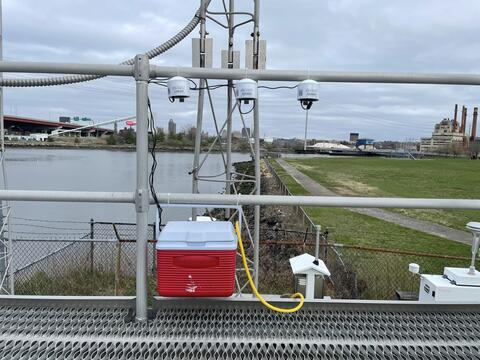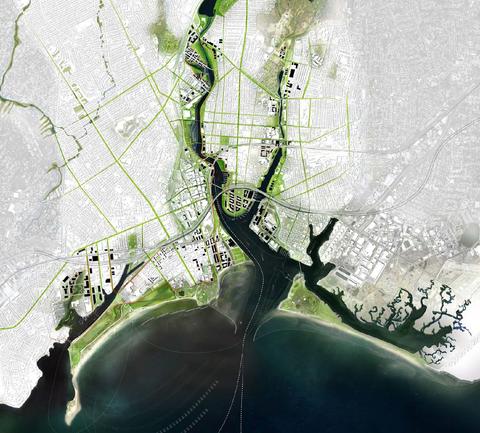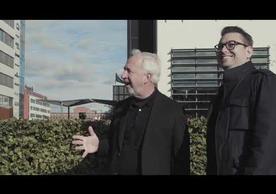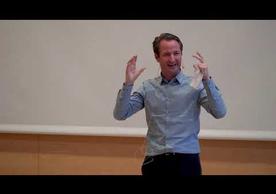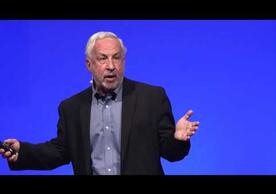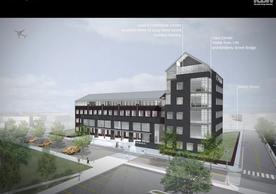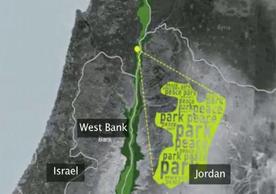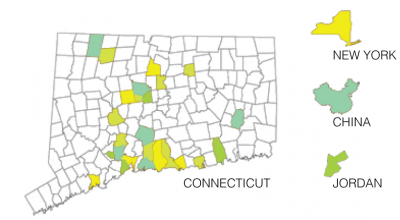
Founded in 1992, by Alan Plattus, then Associate Dean and Professor at the Yale School of Architecture, the Yale Urban Design Workshop (YUDW) is a community design center based at the School of Architecture. Since its founding, the YUDW has worked with communities across the state of Connecticut and around the world, providing planning and design assistance on projects ranging from comprehensive plans, economic development strategies and community visions to the design of public spaces, streetscapes and individual community facilities. Clients include small towns, city neighborhoods, planning departments, Chambers of Commerce, community development corporations, citizen groups, and private developers. After a number of years on the Yale campus, the YUDW currently occupies a space on Chapel Street in New Haven’s Dwight neighborhood, two blocks from the School of Architecture.
In all its work, the YUDW is committed to an inclusive, community-based process, grounded in broad citizen participation and a vision of the design process as a tool for community organizing, empowerment, and capacity-building. A typical YUDW project may include design charrettes, focus groups, and town meetings, as well as more conventional means of program and project development. These projects are staffed mainly by current graduate professional students at the Yale School of Architecture supervised by faculty of the School, but often also include Yale College undergraduates, recent graduates of the School as full-time staff, faculty and students from Yale’s other professional schools (including the Law School, the School of Forestry and Environmental Science, the School of Management, the School of Public Health and the School of Art), as well as outside consultants and other local professionals.
Much of the work and research of the YUDW has focused on strategies for regeneration in Connecticut’s small postindustrial towns and cities. Neighborhood and downtown plans developed for places like New Britain, West Haven, and Bridgeport have engaged with complex questions of preservation, redevelopment, and shifting demographics and identity; considered the changing economics of urban cores; and encouraged walkability, sustainability, and controlled, coordinated growth. Recently, the YUDW has extended this focus internationally, consulting on the regeneration of Gothenburg, Sweden.
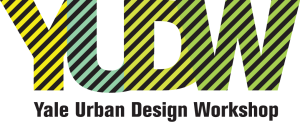 Another area of specific interest and research lies at the intersection between preservation, cultural heritage, redevelopment, tourism, and identity. Projects, including the Thames River Heritage Park in Groton and New London, Connecticut; the Naugatuck Valley Industrial Heritage Trail, funded through a grant from the National Endowment for the Arts; and the Jordan River Peace Park on the Jordan River straddling the border between Israel and Jordan, derive much of their energy from a consideration of the place and representation of history in the city and in contemporary life.
Another area of specific interest and research lies at the intersection between preservation, cultural heritage, redevelopment, tourism, and identity. Projects, including the Thames River Heritage Park in Groton and New London, Connecticut; the Naugatuck Valley Industrial Heritage Trail, funded through a grant from the National Endowment for the Arts; and the Jordan River Peace Park on the Jordan River straddling the border between Israel and Jordan, derive much of their energy from a consideration of the place and representation of history in the city and in contemporary life.
The most recent work of the YUDW has focused on developing and deploying strategies for coastal and urban resilience. As the lead urban designer in a multidisciplinary team that helped Bridgeport, Connecticut, secure $10 million in the Rebuild By Design competition from HUD, and now part of the team awarded the $42 million National Disaster Resilience Competition contract, the YUDW has investigated ways to integrate new infrastructure with the public realm, leveraging disaster recovery funds to consolidate community identity and create new connections, while making Bridgeport a safer, more livable place.
